Medicine details
| Image |  |
| Name | Umactin 50 |
| Dosage | Capsule |
| Generic Name | Nitrofurantoin |
| Classes |
Antiinfective Agent Antibiotic |
| Diseases |
Infectious Disease UTI (Urinary Tract Infection) |
| Company | Unimed & Unihealth Manufacturers Ltd. |
Drug Package Details
| Strength | 50 mg |
| Storage Condition | |
| Origin Country | Bangladesh |
| Commercial Pack | 30 |
| Price per pack | ৳ 120.00 |
| Cost per pack | ৳ 105.60 |
| Package unit | 10 caps strip |
| Price per unit | ৳ 4.00 |
| Cost per unit | ৳ 3.52 |
| Discount | 0 |
| Coupon | |
| Remarks |
Nitrofurantoin
Nitrofurantoin is an antibiotic drug belonging to the nitrofuran class. The antimicrobial activity of nitrofurantoin has an uncommon mechanism compared to other antibacterial agents. Bacterial flavoproteins reduce nitrofurantoin to generate reactive intermediates that either modify or disable bacterial ribosomal proteins and other large molecules. This modification or inactivation inhibits critical biochemical processes such as protein synthesis, energy metabolism, DNA synthesis, RNA synthesis, and cell wall synthesis.
Nitrofurantoin is indicated for the treatment and prevention of urinary tract infections caused by susceptible strains of bacteria.
Adults and Pediatric Patients Over 12 Years: One 100 mg capsule every 12 hours for seven days.
The most common adverse reactions associated with nitrofurantoin include gastrointestinal disturbances such as nausea, vomiting, and diarrhea. Other adverse reactions may include headache, dizziness, fever, and rash. Nitrofurantoin may also cause pulmonary reactions such as interstitial pneumonitis and fibrosis.
- Patients treated with Nitrofurantoin may develop acute, subacute or chronic pulmonary reactions. If such reactions occur, Macrobid administration should be stopped, and the appropriate measures should be taken. There have been reports of pulmonary reactions leading to death. Chronic pulmonary reactions such as diffuse interstitial pneumonitis or pulmonary fibrosis (or both) may develop slowly and unnoticed. These reactions are rare and generally seen in patients who receive therapy for more than six months. Patients who are receiving long-term therapy should be closely monitored for any pulmonary reactions, and the benefits of treatment should be weighed against the potential risks. Please refer to the respiratory reactions section for more information.
- Hepatic reactions, including hepatitis, cholestatic jaundice, chronic active hepatitis, and hepatic necrosis, occur rarely. Fatalities have been reported.
- Peripheral neuropathy, which can be severe or irreversible, has been observed and has resulted in fatalities. The risk of peripheral neuropathy is increased in patients with renal impairment (creatinine clearance <60 mL/min or elevated serum creatinine), anemia, diabetes mellitus, electrolyte imbalance, vitamin B deficiency, and debilitating diseases. Patients who are receiving long-term therapy should be regularly monitored for any changes in renal function. There have been rare reports of optic neuritis associated with nitrofurantoin formulations in post-marketing experience.
- Cases of hemolytic anemia of the primaquine-sensitivity type have been induced by nitrofurantoin.
Contraindication
Nitrofurantoin is contraindicated in patients with a history of hypersensitivity to the drug or any of its components.
None known.
Nitrofurantoin is contraindicated in-
- Anuria
- oliguria
- significant impairment of renal function (creatinine clearance under 60 mL per minute or clinically significant elevated serum creatinine)
Because of the possibility of hemolytic anemia due to immature erythrocyte enzyme systems (glutathione instability), the drug is contraindicated in pregnant patients at term (38-42 weeks gestation), during labor and delivery, or when the onset of labor is imminent. For the same reason, the drug is contraindicated in neonates under one month of age.
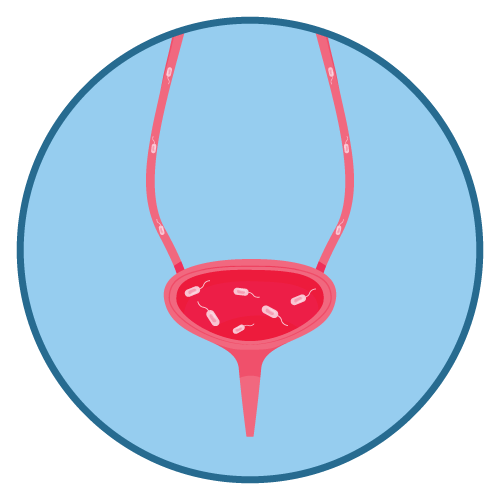




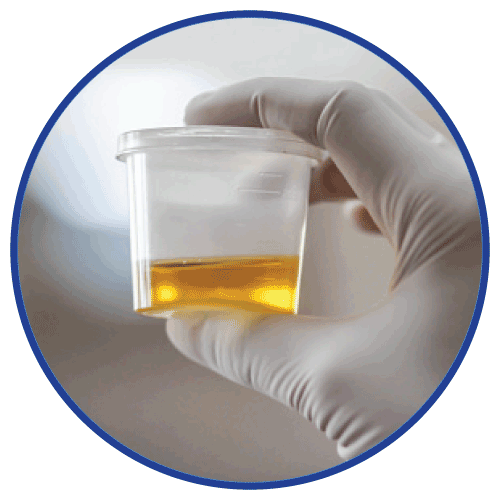
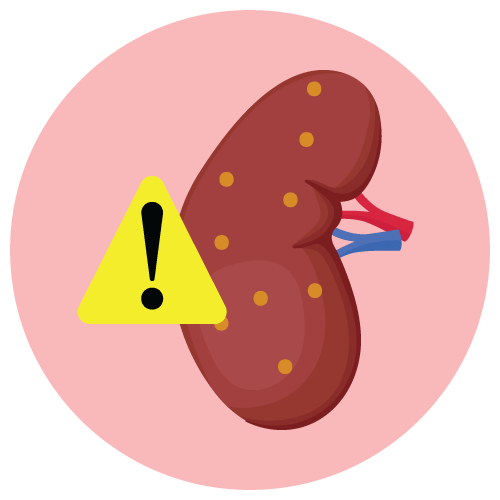
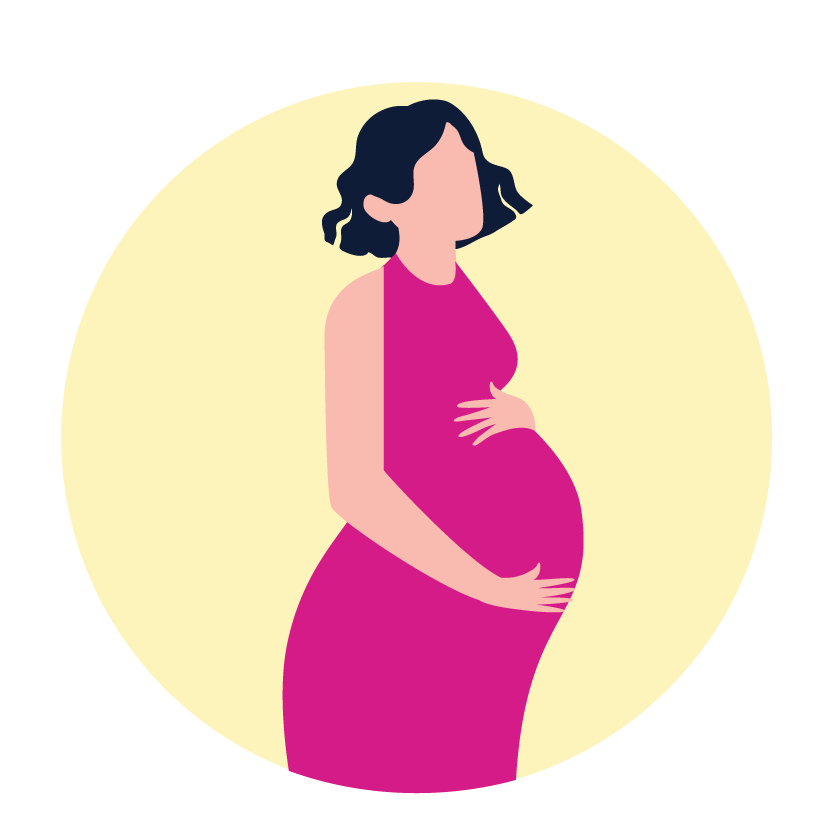
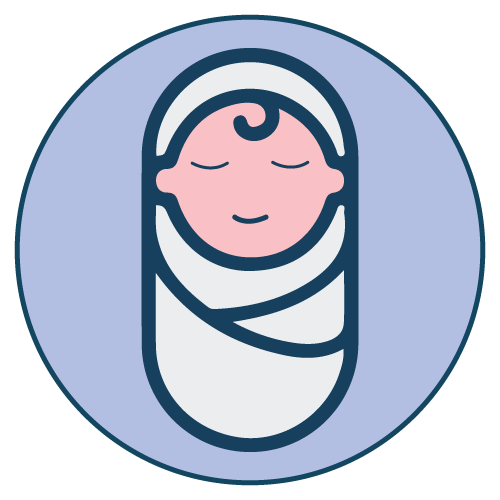
 Bangla
Bangla English
English